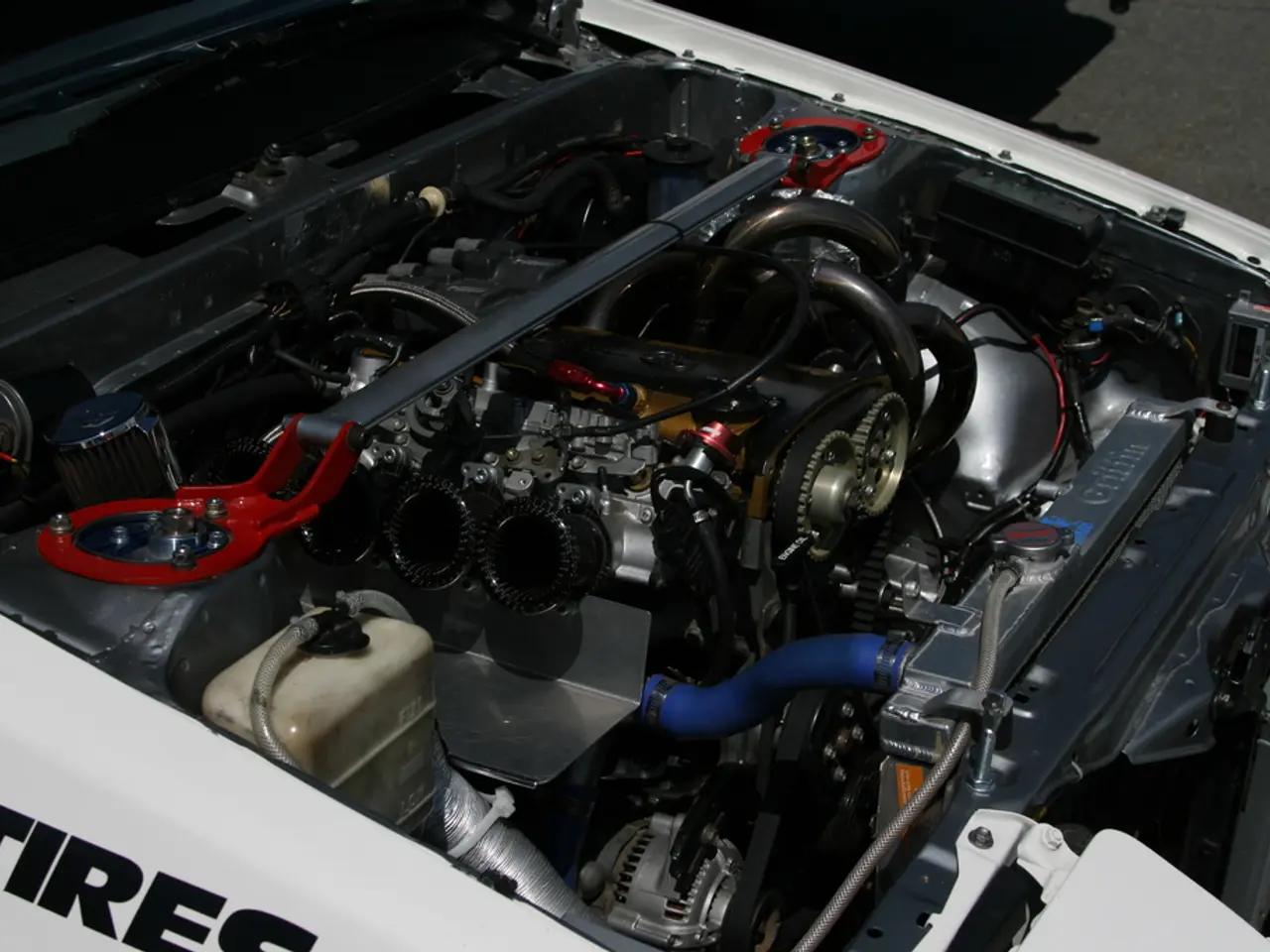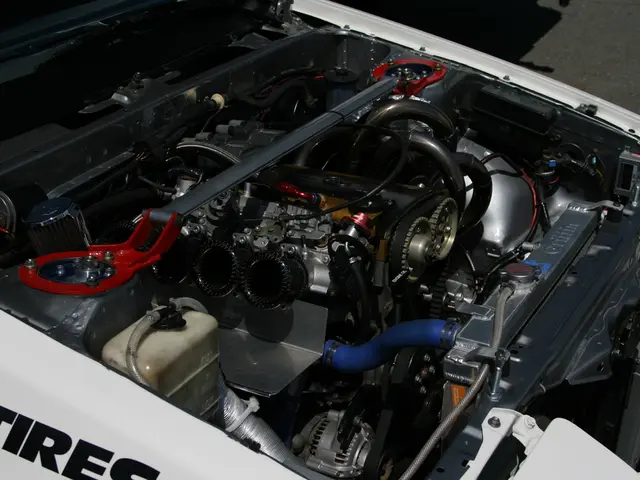Removing Aggression from Energy Production
The electric vehicle (EV) revolution is gathering pace, with predictions suggesting that there will be 125 million EVs in use worldwide by 2030. This surge in EV ownership poses a significant challenge for the sustainability of the batteries powering these vehicles, particularly in relation to conflict minerals such as cobalt.
One key player in the industry, Cummins, an engine manufacturer and distributor, is taking steps to ensure responsible sourcing of minerals. Cummins requires its suppliers to provide information on conflict minerals and adhere to the Responsible Sourcing Initiative annually.
The issue of conflict minerals, including cobalt, is a sustainability challenge due to their association with illegal mining operations and child labor. Amnesty International has raised concerns about human rights abuses, including the use of child labor, in the extraction of minerals used to make EV batteries.
Several companies, including Anglo American/De Beers and Glencore, have teamed up with the World Economic Forum (WEF) to improve responsible sourcing of raw materials using a blockchain platform. Volvo Cars has also partnered with its battery suppliers and blockchain technology firms to implement global traceability of cobalt used in its batteries, starting this year.
Tesla, the number one battery manufacturer in North America, is working to create its own cobalt supply chains. The company, known for its innovative approach, is likely to set new standards in sustainable battery production.
The demand for battery raw materials is expected to increase significantly over the next decade, with double-digit growth predicted. Lithium, cobalt, and nickel companies are ramping up their mining activity and have extreme production targets to meet the demand from battery manufacturers globally. However, Wolfgang Lehmacher, a supply chain and technology strategist, predicts a supply crunch for EVs by the mid-2020s due to limited amounts of key raw materials like lithium, cobalt, and nickel.
Recycling of electric vehicle batteries is expected to become a significant industry, similar to metal recycling today. Cummins has partnered with the University of California San Diego to analyze effective ways of reusing and repurposing electric vehicle batteries. The goal is to extend the life of batteries and reduce the need for new raw materials.
The amount of battery waste is expected to reach 170,000 tonnes in 2018. Naga Karthik Voruganti, mobility analyst at Frost Mackenzie, expects EVs to account for most of the demand for raw materials among all industries by 2040. This underscores the importance of developing efficient recycling methods to meet the growing demand and mitigate the environmental impact.
As the EV industry continues to grow, it's essential to prioritise sustainability and ethical sourcing. Blockchain technology is expected to play a crucial role in this, replacing traditional paper-based labeling methods to demonstrate the origin of battery materials. Moving batteries to assembly lines and their storage requires special handling due to their hazardous nature, but with advancements in technology, these challenges are being addressed.
CAR Carriers, a company in the automotive logistics industry, serves 20% of the market and moves over 550,000 vehicles per year. They, along with other key players in the industry, will play a vital role in ensuring the sustainable and ethical production and distribution of EV batteries.
In certain countries, including the UK, Cummins is obligated to take back and recycle waste industrial batteries at no cost. This legal requirement is a step towards ensuring a circular production cycle for EV batteries, as predicted by Wolfgang Lehmacher, requiring minimal new material for new batteries.
The EV industry is at a critical juncture, and it's clear that sustainability and ethical sourcing will be key to its future success. With the right strategies and partnerships in place, it's possible to create a circular production cycle for EV batteries, minimising the need for new raw materials and promoting a more sustainable future for the industry.
Read also:
- Exploring Harry Potter's Lineage: Decoding the Enigma of His Half-Blood Ancestry
- Elon Musk Acquires 26,400 Megawatt Gas Turbines for Powering His AI Project, Overlooks Necessary Permits for Operation!
- U Power's strategic collaborator UNEX EV has inked a Letter of Intent with Didi Mobility to deploy UOTTA(TM) battery-swapping electric vehicles in Mexico.
- Commercial-grade hydrogen enhancement systems manufacturing initiated by H2i Technology








